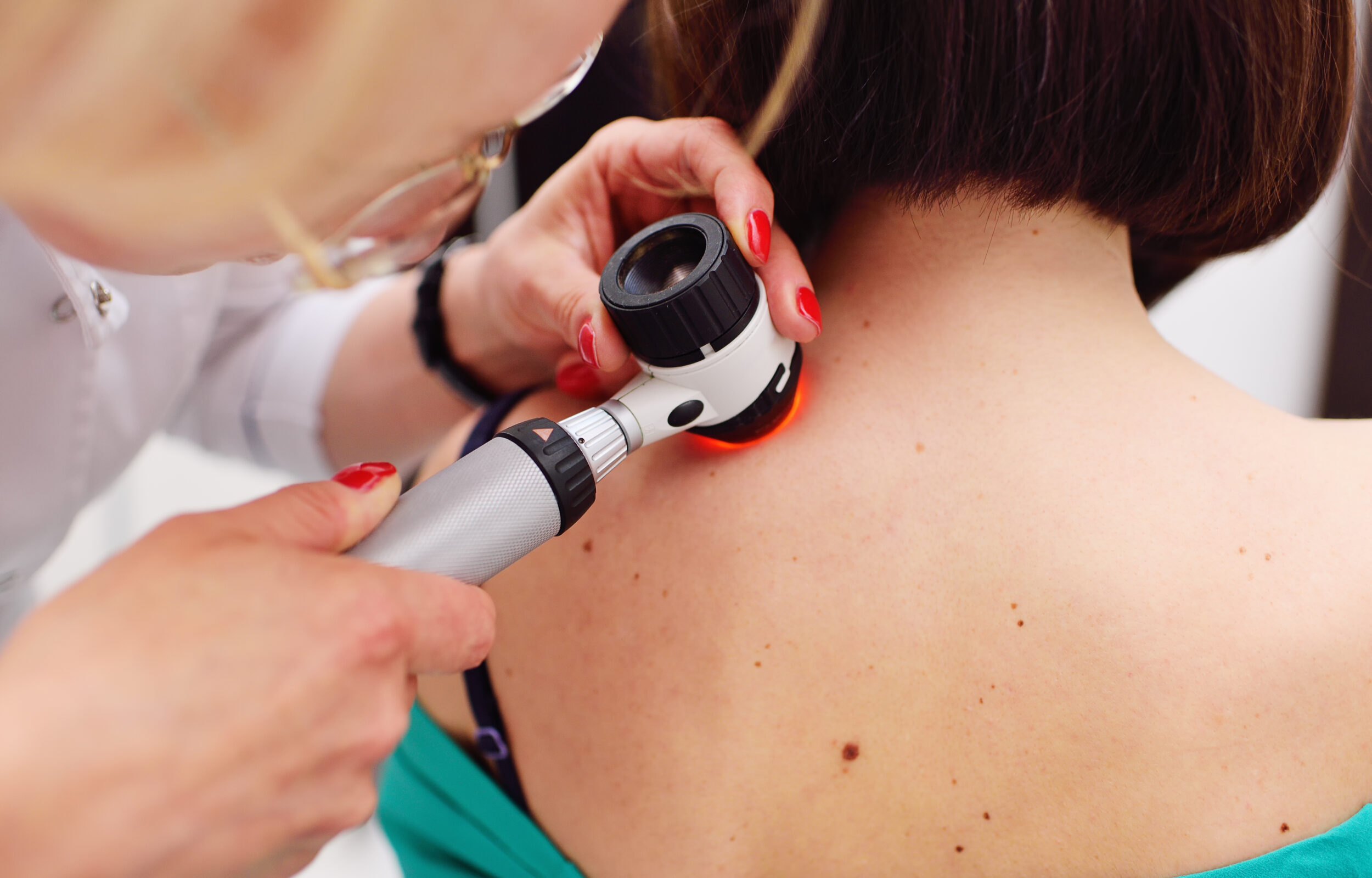Skin cancer is the most common form of cancer in the United States, affecting millions of people each year. At West Virginia Dermatology & Skin Surgery Center, our team is led by Dr. David W. Judy, a board-certified dermatologist and one of the few fellowship-trained Mohs micrographic surgeons in the state. With specialized expertise in skin cancer diagnosis, treatment, and reconstruction, Dr. Judy provides comprehensive, evidence-based care for all types of skin cancer.

Understanding Skin Cancer and Its Causes
Skin cancer occurs when abnormal skin cells begin to grow uncontrollably. Most cases develop due to prolonged exposure to ultraviolet (UV) radiation from the sun or tanning beds, which damages the DNA in skin cells. While sun-exposed areas such as the face, ears, chest, arms, and scalp are the most common sites, skin cancer can also form in less visible areas.
Factors that increase the risk of skin cancer include:
- Fair or freckled skin
- A history of sunburns
- A weakened immune system
- Numerous or atypical moles
- Family or personal history of skin cancer
- Older age
Common Types of Skin Cancer
Skin cancer can affect various layers of the skin and present in different forms:
Basal Cell Carcinoma (BCC):
The most common type, typically appearing as a pearly or flesh-colored bump. It grows slowly and rarely spreads, but can cause local tissue damage.
Squamous Cell Carcinoma (SCC):
Often presents as a firm, red bump or scaly patch. SCC may develop on sun-exposed areas or on skin damaged by other conditions and can spread if left untreated.
Melanoma:
The most aggressive and potentially life-threatening form. Melanoma can develop in existing moles or as a new dark spot and may spread to other organs if not detected early.
Symptoms to Watch For
Early detection is key. Some signs of possible skin cancer include:
- New growths that do not heal
- Moles that change in shape, size, or color
- Bumps that bleed or crust
- Irregular pigmentation or asymmetrical borders
If you notice any changes in your skin, it’s essential to schedule an evaluation.
How Skin Cancer Is Diagnosed
Dr. Judy conducts thorough skin examinations using clinical experience and dermoscopic tools to evaluate suspicious lesions. If necessary, a skin biopsy is performed to confirm a diagnosis. Pathology results help determine the type, depth, and appropriate treatment for the cancer.
Treatment Options for Skin Cancer
Treatment varies based on the cancer type, size, location, and stage. Options include:
- Excisional surgery: Removing the tumor and surrounding tissue.
- Cryotherapy: Freezing precancerous or superficial lesions.
- Topical treatments: Prescription creams for specific cases.
- Laser therapy: Used for superficial skin cancers in select areas.
- Mohs Micrographic Surgery: A highly precise procedure performed by Dr. Judy, ideal for facial and high-risk skin cancers. It offers the highest cure rate while preserving healthy tissue.
Skin Cancer Prevention and Monitoring
Protecting your skin is the best defense against cancer. Wear sunscreen, avoid tanning beds, and seek shade during peak sun hours. Regular self-exams and annual skin checks with a board-certified dermatologist are essential for early detection.
Schedule an Expert Skin Evaluation
Dr. David Judy brings extensive training in dermatological oncology and reconstructive surgery to every case, offering patients in South Charleston and beyond the highest level of skin cancer care. To schedule an evaluation or skin cancer screening, contact us at 304-925-7546 today. Early detection can save lives, and expert care makes all the difference.


